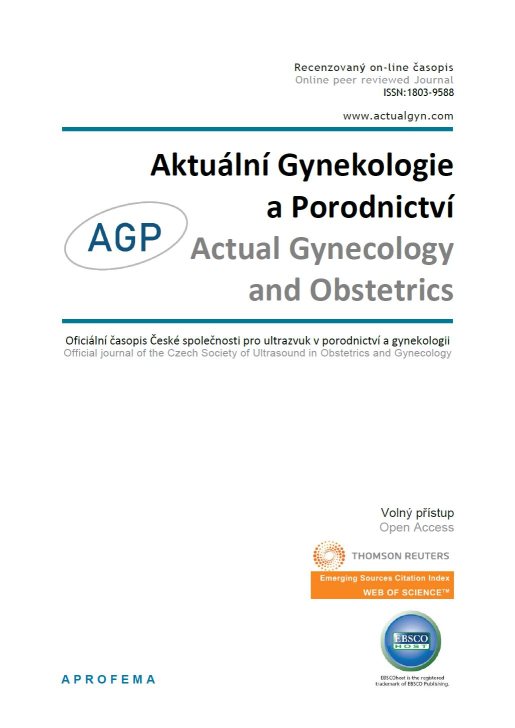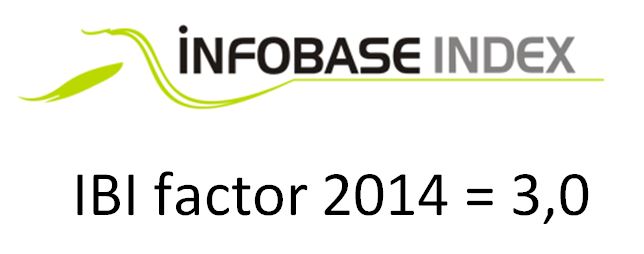











 Official publication of the Czech Society of Ultrasound in Obstetrics and Gynecology.
Official publication of the Czech Society of Ultrasound in Obstetrics and Gynecology.

Pseudomyxoma peritonei (PMP) is an uncommon clinical syndrome characterized by the slow and progressive accumulation of peritoneal implants and mucinous ascites, intraabdominal gelatinous collection (jelly belly). PMP is reported to originate from the low grade appendiceal mucinous neoplasm. Pseudomyxoma peritonei often recurs after treatment and may eventually cause death by abdominal visceral dysfunction via compression with mucinous ascites. Cytoreductive surgery (CRS) and perioperative intraperitoneal chemotherapy comprising hyperthermic intraperitoneal chemotherapy (HIPEC) with or without postoperative intraperitoneal chemotherapy (EPIC) has been regarded as the standard of care in specialized centers. It is often referred to as the „Sugerbaker procedure“. Conventionally, PMP is considered resistant to systemic chemotherapy. Even though complete cytoreduction is associated with prolonged overall survival, recurrence of disease is common and multiple operations are frequently required. Patients may enjoy sustained period of remission, free of symptoms, but long – term disease free survival is distinctly uncommon. The pathologic subtype remains the dominant factor in survival. Patients should be centralized to improve survival by a combination of surgical experience and adequate patient selection.